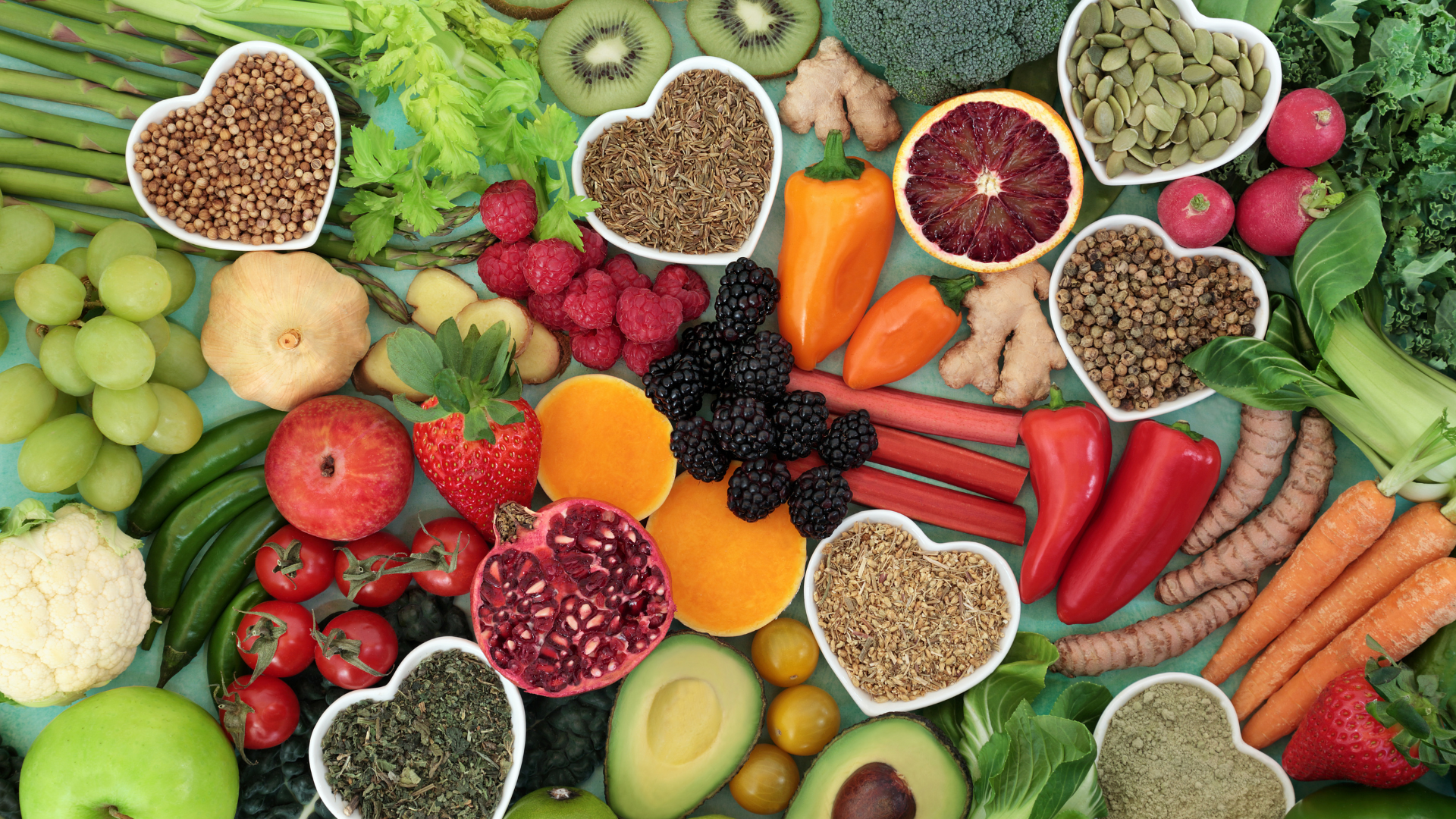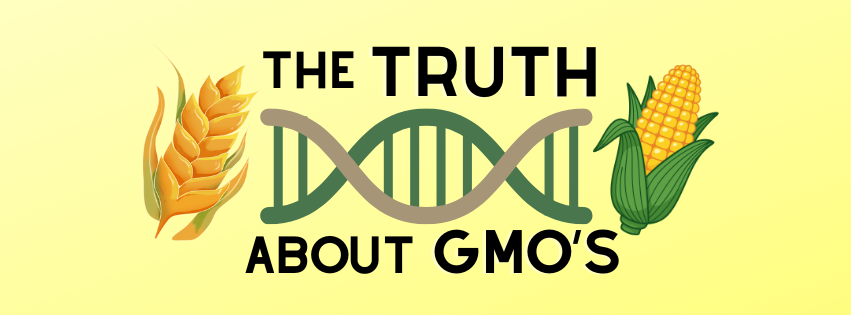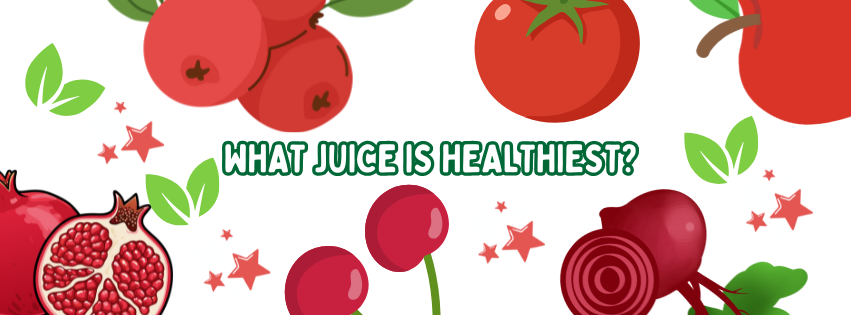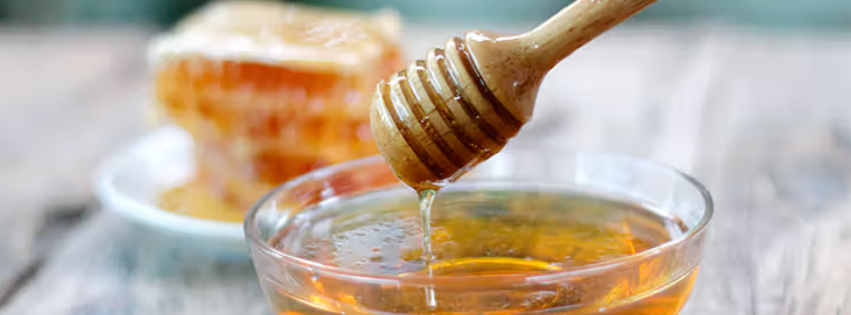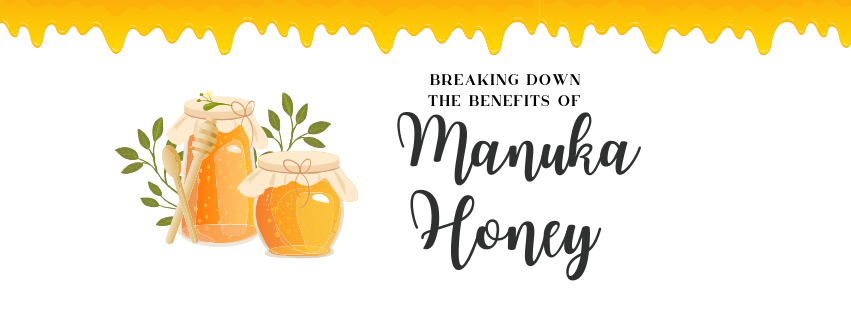Cardiovascular Health
This information is not intended to replace appropriate professional advice. Suggestions are based on over 40 years of customer experience. Please consult your pharmacist if you take prescription medications.
Make a few changes at a time. You can bring about many positive effects when you practice health by design! 😊
Diet - for maximum nutrition and digestive wellness
- Drink 7 -10 glasses of filtered or spring water.
- Consume a diet that is 75-80% alkaline forming.
Chart available.
- Organic foods are the safest way to nourish yourself - a wise investment!
- Rely on antioxidant rich fruits, vegetables, raw seeds and nuts, beans, legumes, and whole grains as the mainstays of your diet. Avoid wheat unless sprouted.
- Have heavy protein no later than lunch for better assimilation of amino acids.
- Combine foods for optimum digestion: fruit on an empty stomach 30 minutes before others foods. Starches and animal products digest in very different digestive secretions and should not be eaten at the same meal.
- Fermented vegetables like Kimchi and Sauerkraut reduce plaque accumulation.
- Pomegranate and beet juices slow plaque buildup and improve circulation.
- Garlic is well known for its protective effects.
- 1-3 tbsp of ground chia, flax, or hemp seeds for fiber, nutrients and fatty acids.
- Replace salt with Herbamare for all the flavour but 1/3 less sodium.
- Aloe vera juice can increase collagen levels, protecting arteries from damage. Mix 3 tbsp with pomegranate or beet juice for a delicious antioxidant boost!
- Cook gently. High heat generates acrylamides & advanced glycation end products.
Supplements - to offset common deficiencies
- Bio-Strath – a fermented whole food source of B complex vitamins and more - reduces stress, improves digestion, strengthens the immune system.
- Vitamin C – anti-inflammatory, necessary for collagen production.
- Vitamin D – 8,000 for one month then reduce to the upper limit of 4,000 IU daily. A deficiency is associated with cardiovascular disease.
- Omega 3 fatty acids – protects the cardiovascular system.
- Magnesium – regulates heartbeat, strengthens heart muscles.
- Probiotics – intermittent use, lowers LDL, raises HDL, corrects pH.
Special Care for Cardiovascular Health - Short or Intermittent Use
- Co Q 10 – an antioxidant that has a strong protective effect on the heart.
- Hawthorn berry – regulates blood pressure, strengthens mitral valve function, an overall tonic for the cardiovascular system.
- Berberine supports vessel health and has been effective in severe cases of heart failure. It reduces LDL, regulates blood sugar, and helps in weight management.
- Ginger is prescribed in Traditional Chinese Medicine to prevent silent strokes. In Ayurvedic Medicine it is called the universal spice due to its many benefits. It can be taken as a tea, culinary spice or in supplement form.
Extras for Mind and Body
- Keep all pathways of elimination open. Dry body brush to keep skin pores clear and encourage lymphatic drainage. Take sufficient magnesium and vitamin C to keep bowels moving easily.
- Get moving in the fresh air every day.
- Practice the 4-minute workout developed by Dr. Zack Bush 2-3 times daily. It is also known as the “Nitric Oxide Dump”. Nitric oxide keeps vessels relaxed and healthy. See the workout and instructions here.
- The benefits of Yoga, meditation, and rhythmic breathing for cardiovascular health are well documented. Breathe deeply, exhale thoroughly!
- Practice contentment and joy. In Traditional Chinese Medicine, the heart is associated with joy. Do what makes you happy and avoid situations that cause tension and stress.
Keep a journal and track your progress. Many people who take these suggestions to heart (pardon the pun 😊) find their health improves in multiple ways. Our hope is you will be one of them!
*Revised December 2024
